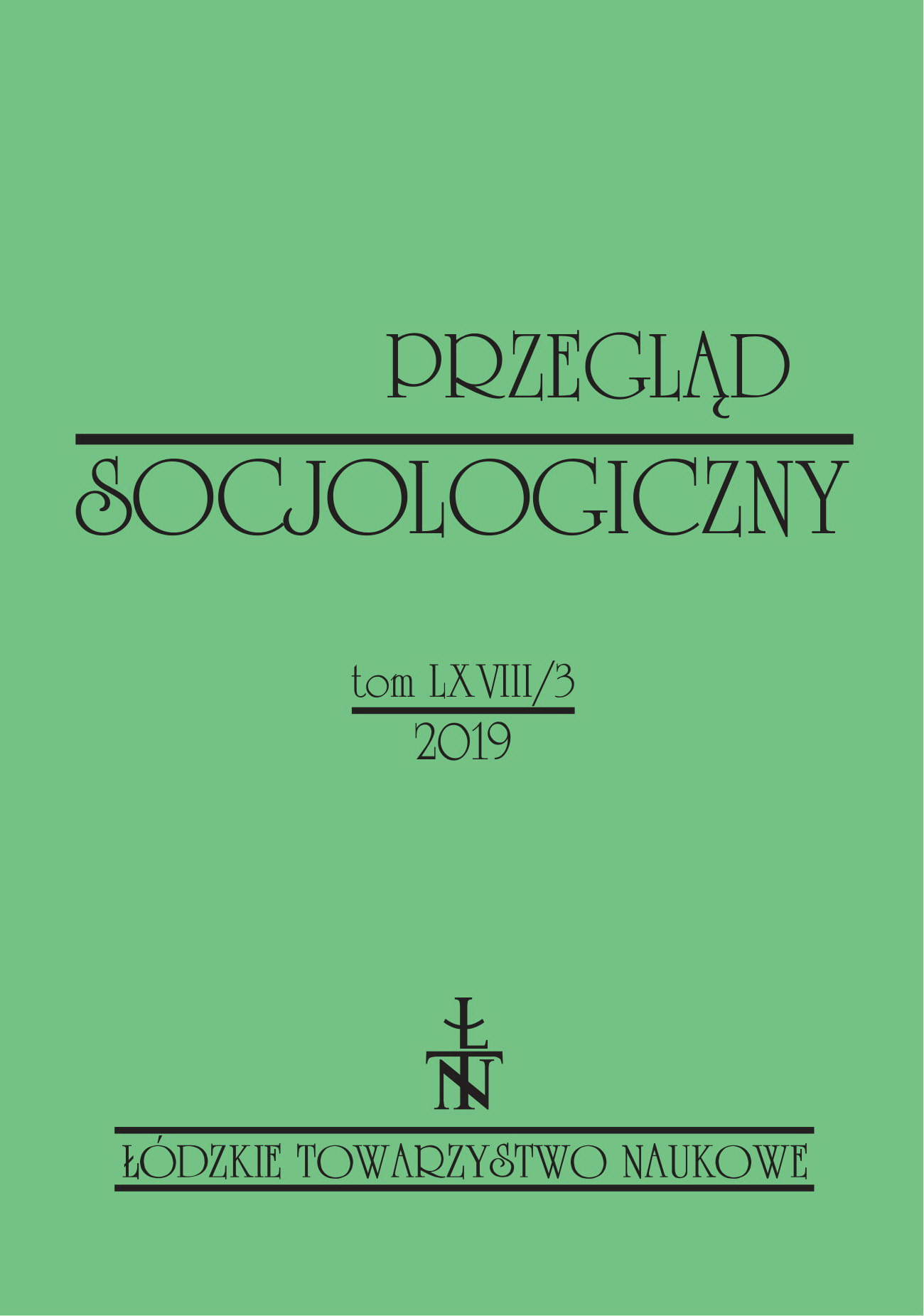Work and new technologies. Towards ethical transgression and work without charge in the digital economy
DOI:
https://doi.org/10.26485/PS/2019/68.3/3Keywords:
artificial intelligence, digital economy, ethical transgression, labor market, moral workspace, uprooting from work, work without chargeAbstract
The considerations included in the study are focused on two fundamental issues closely related to each other. The first of them – the leading one – refers to the socio-ethical consequences of changes taking place in the area of contemporary work and the labor market, mainly under the influence of new digital technologies, in particular, artificial intelligence (AI). These most important consequences, already clearly observed, relate to the changes in the content of work, forms of employment, the processes of the social uprooting of individuals from work, narrowing of the moral space of work, and the individualisation of work, which more and more often happen outside the framework of formal organizations. The emergence of ethical transgression processes in the employee-artificial intelligence perspective should also be discussed. In one of these scenarios, it is also predicted that paid work will increasingly replace the possibility of performing unpaid work (especially services) for family, friends, the local community, etc. In such a situation, the state will guarantee everyone the opportunity to achieve a guaranteed income.



